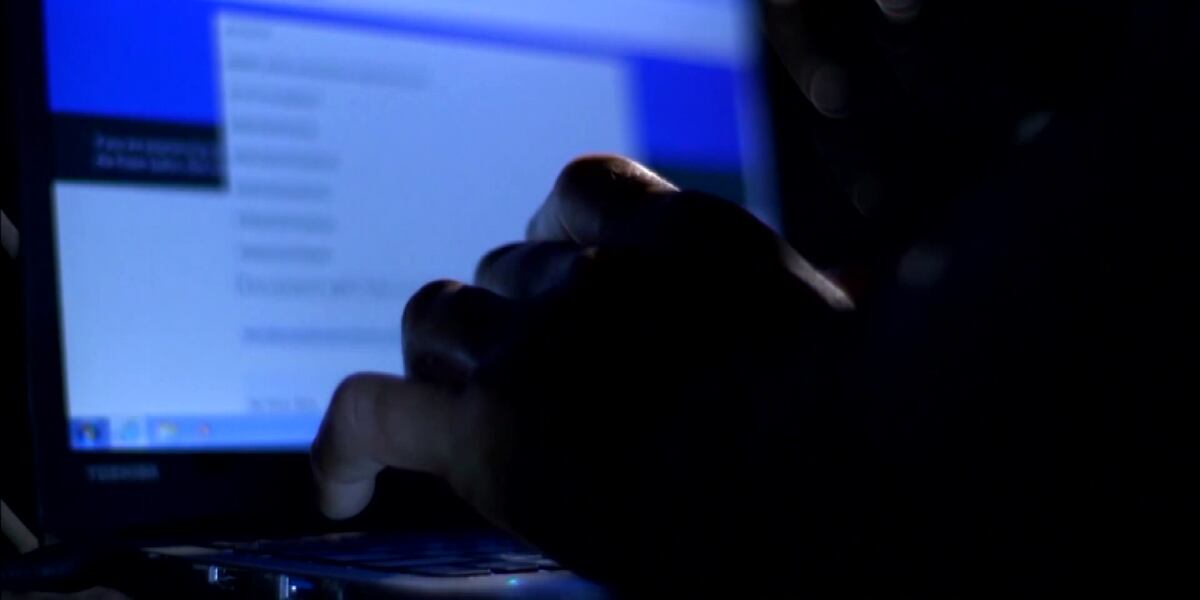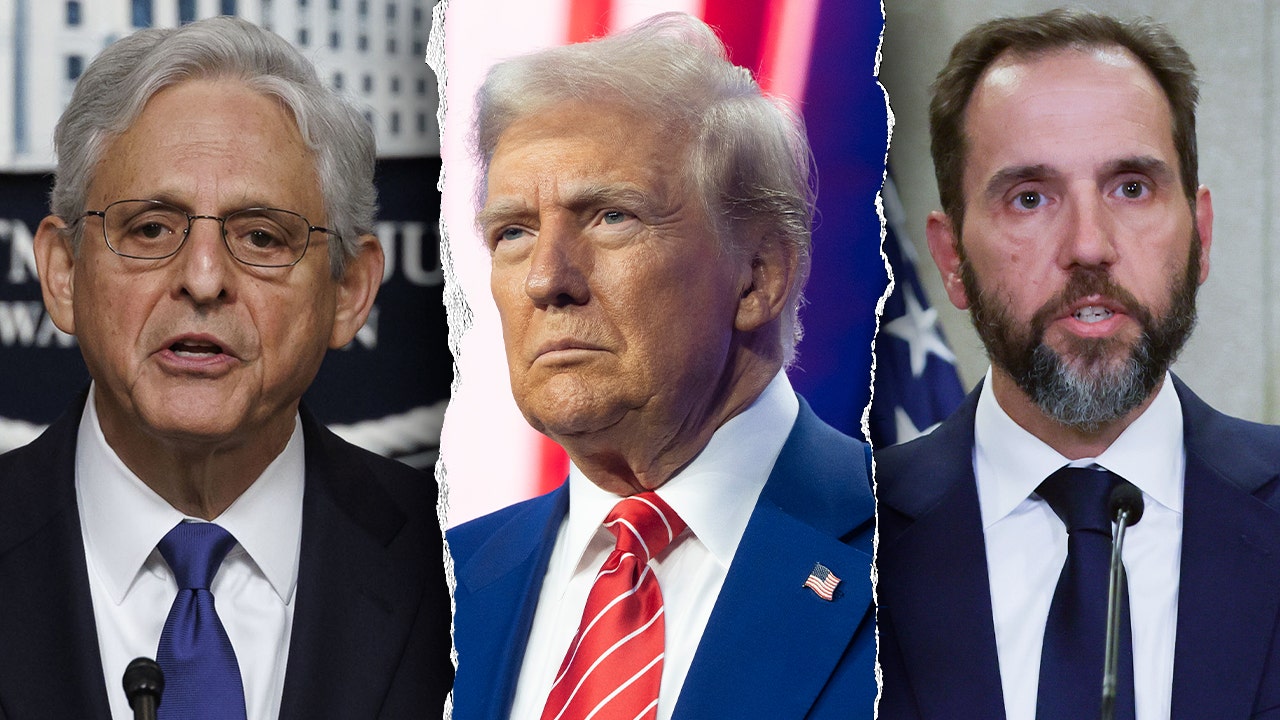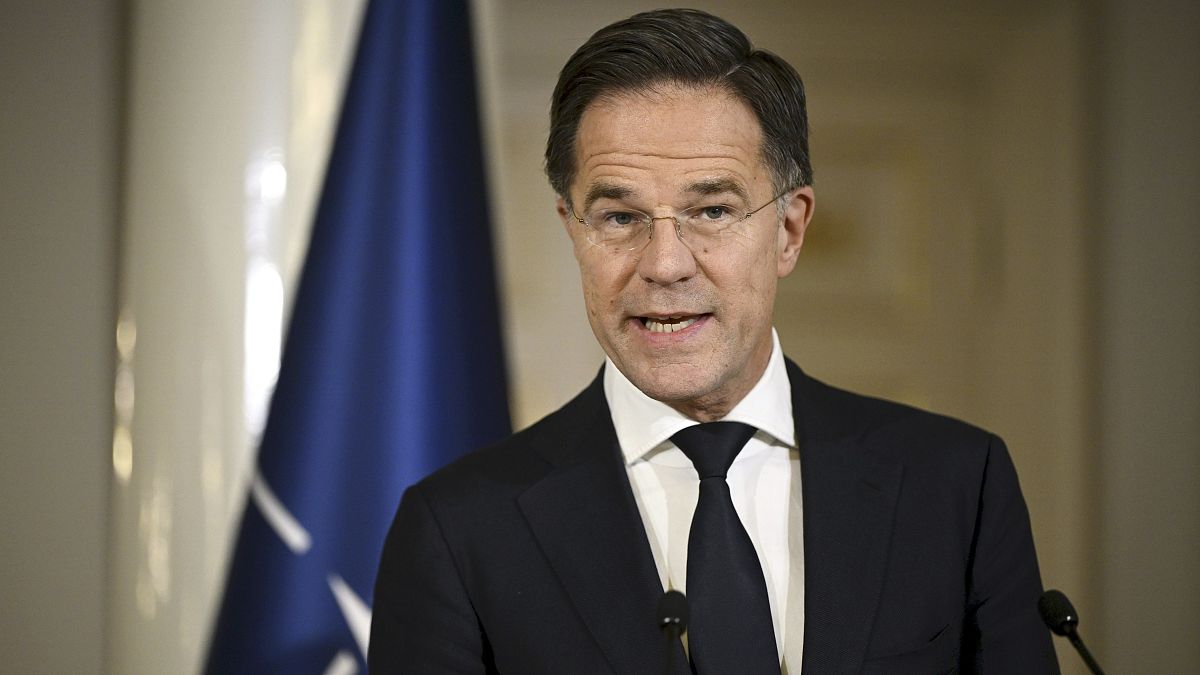Brussels is reassessing its investigations of tech groups including Apple, Meta and Google, just as the US companies urge president-elect Donald Trump to intervene against what they characterise as overzealous EU enforcement.
The review, which could lead to the European Commission scaling back or changing the remit of the probes, will cover all cases launched since March last year under the EU’s digital markets regulations, according to two officials briefed on the move.
It comes as the Brussels body begins a new five-year term amid mounting pressure over its handling of the landmark cases and as Trump prepares to return to the White House next week.
“It’s going to be a whole new ballgame with these tech oligarchs so close to Trump and using that to pressurise us,” said a senior EU diplomat briefed on the review. “So much is up in the air right now.”
All decisions and potential fines will be paused while the review is completed, but technical work on the cases will continue, the officials said.
While some of the investigations under review are at an early stage, others are more advanced. Charges in a probe into Google’s alleged favouring of its app store had been expected last year.
Two other EU officials said Brussels regulators were now waiting for political direction to take final decisions on the Google, Apple and Meta cases.
The review comes as EU lawmakers call for the commission to hold its nerve against US pressure, while Silicon Valley chiefs hail Trump’s return as the start of an era of lighter tech regulation.
Mark Zuckerberg, Meta’s chief executive, on Friday called on the president-elect to stop Brussels fining US tech companies, complaining that EU regulators had forced them to pay “more than $30bn” in penalties over the past 20 years.
Zuckerberg, who recently announced plans to abolish fact-checking on Facebook and Instagram — potentially running foul of EU rules — said he was confident the incoming Trump administration wanted to defend American interests abroad.
The implications of Trump’s presidency were a factor in the review, one of the officials said, while insisting his victory had not triggered it.
The commission said it remained “fully committed to the effective enforcement” of its rules. The ongoing cases were “not yet ready at technical level”, a commission spokesperson said, arguing that such investigations took time because of their complexity, novelty and the “need to ensure that commission decisions are legally robust”.
When asked about the FT’s report on Tuesday, the spokesperson said: “There is no such review taking place . . . What we do have are upcoming meetings to assess the general readiness of an investigation. No decision can be taken yet on any of these cases.”
Before Trump’s victory, EU regulators had been pursuing aggressive action against the world’s biggest tech groups, passing a clutch of reforms aimed at opening markets and setting a regulatory framework for Big Tech.
Under the Digital Markets Act, a law seeking to curb the market abuse of big platforms, Brussels launched investigations last March into Apple, Google and Meta.
The commission has also come under pressure to use the full powers of the Digital Services Act, a set of rules aimed at policing content online, to curb the growing influence of tech billionaire Elon Musk in European affairs.
In addition to the similar investigation of Google’s owner Alphabet, the commission has been looking at whether Apple favoured its own app store, as well as Facebook owner Meta’s use of personal data for advertisements.
Brussels is also consulting Apple’s rivals on the tech group’s proposals to make its iOS operating system compatible with connected devices.
Denmark’s Margrethe Vestager and France’s Thierry Breton, both of whom took a tough line against US tech companies, stepped down from the commission in November.
“Priorities may be shifting,” said one. “The [digital rules] come from the previous commission.”
The commission’s chief spokesperson said on Tuesday: “There may be a political reality [in the US] that puts pressure on the technical work . . . we will be looking and assessing on the basis of concrete measures and actions from the new [Trump] administration.”
EU lawmakers have called for regulators to hold firm. Stephanie Yon-Courtin, an MEP who was involved in drafting the tech rules, said EU probes could not be sacrificed to avoid diplomatic fallout.
In a letter to Ursula von der Leyen, the commission president, Yon-Courtin said the DMA “cannot be taken hostage”.
She added: “Please reassure me that your cabinet and yourself are fully supporting the effective implementation of the DMA, without further delay.”






















/cdn.vox-cdn.com/uploads/chorus_asset/file/25822586/STK169_ZUCKERBERG_MAGA_STKS491_CVIRGINIA_A.jpg)

/cdn.vox-cdn.com/uploads/chorus_asset/file/25821992/videoframe_720397.png)


